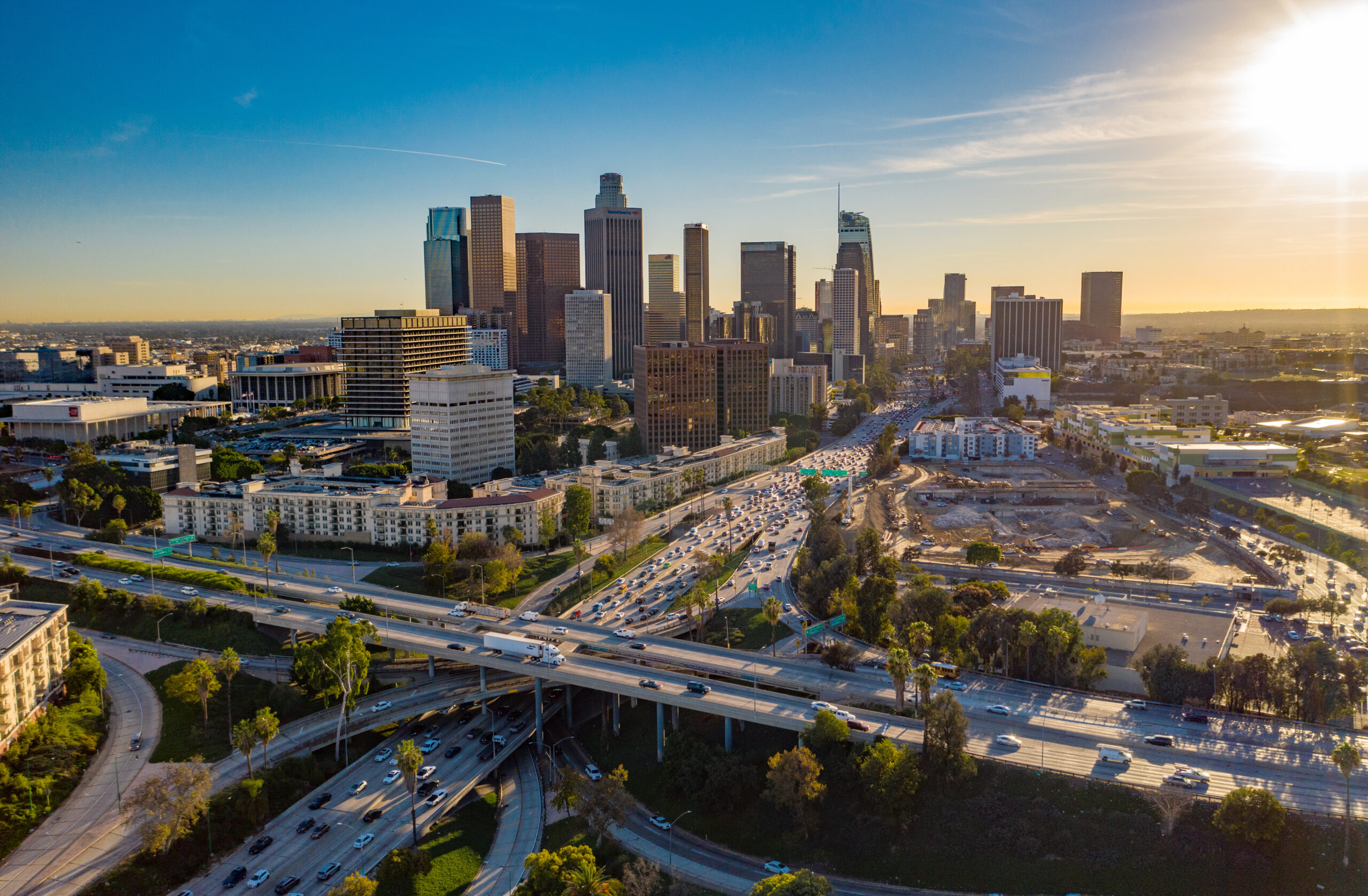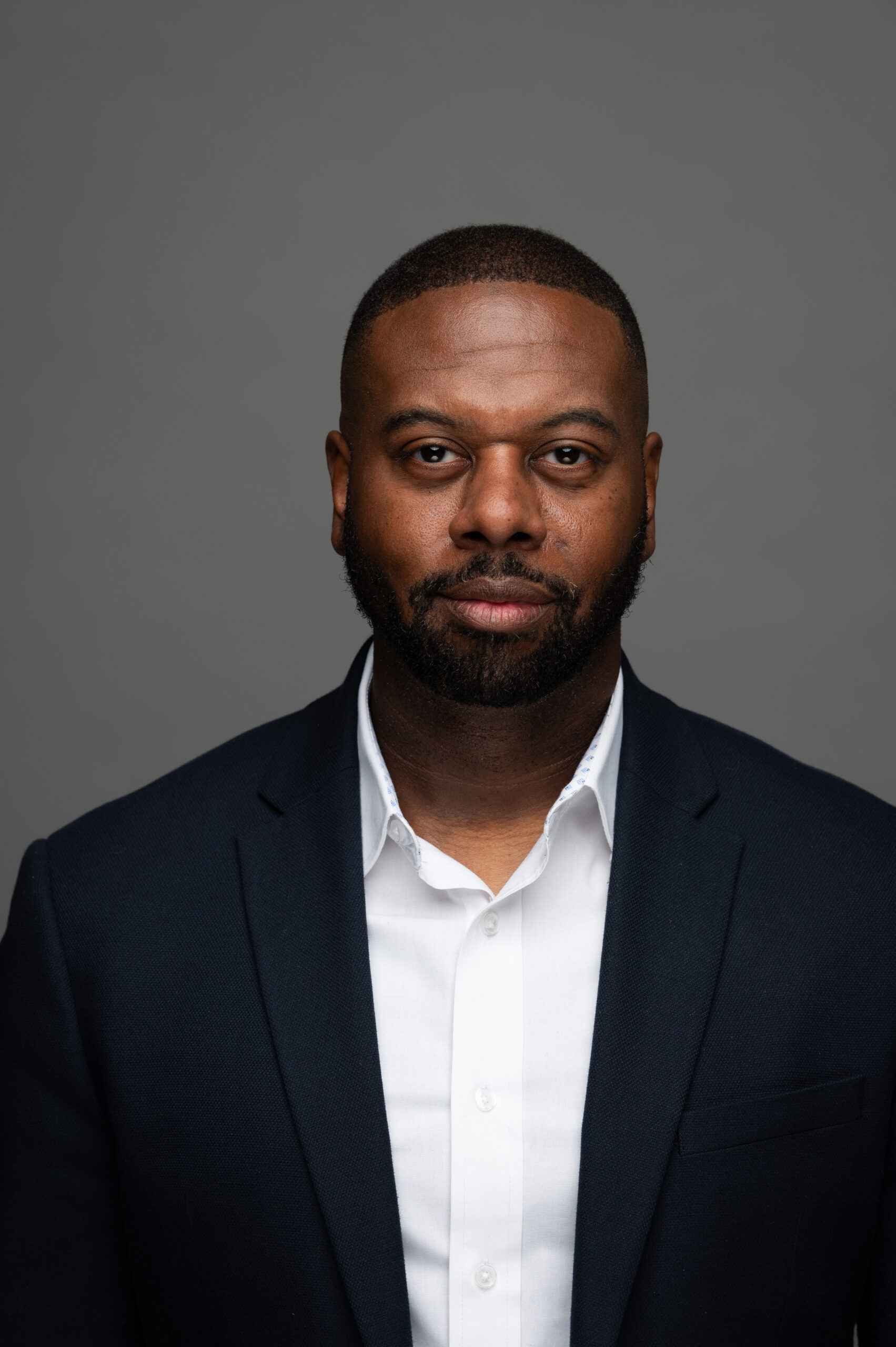It was a simple hypothesis: a year is enough time to fuse a change in how local governments tackle their most significant challenges.
Founded in 2011, FUSE was conceived by longtime McKinsey leader Lenny Mendonca, entrepreneur Peter Sims, and great civic minds inside and outside the public sector to place entrepreneurial talent inside the government.
The executive fellows would spend 12 months working with a mayor or other public sector leader, tackling one major problem and galvanizing all the stakeholders required to make progress. The daily pressures of managing the government rarely offer such a focus or uninterrupted resources. Fellows largely wouldn’t come from the public sector, bringing private-sector problem-solving skills to areas of impact and, most importantly, scale.
It’s been 10 years since I was selected to pilot FUSE for Los Angeles.
FUSE was primarily a Bay Area organization at that time, rooted deeply in the region’s culture of innovation that could limit the perceived impact of FUSE’s work and potential in different, more complex markets.
Los Angeles would change that.
Just a year into his first term, Mayor Eric Garcetti was an early adopter of public-private partnerships, FUSE, Bloomberg I-Teams, and Chief Data and Sustainability Officers, which would help advance civic innovation nationwide.
FUSE was different and represented more than just a fellowship. The partnership acknowledges (and leans into) the upside of leveraging partnerships to address untenable issues that need a clear inflection point toward longer-term progress.
Currently, FUSE has expanded its reach beyond its Bay Area roots, establishing itself as a national nonprofit that increases the effectiveness of local governments in building more equitable communities. The organization places private sector executives within city and county agencies across the United States to lead impactful projects. Imagine a seasoned marketing executive helping a struggling city rebrand itself or a tech innovator modernizing a county’s outdated systems. These aren’t hypotheticals – they’re real FUSE projects.
Like many fellows, I had an established career before discovering the program. I spent more than a decade in communications and publishing on issues relevant to the organization: cities and urbanism. Fresh out of a rigorous business school program, the desire to make a scalable impact outweighed the interest in returning to the demands of a career field I left.
My fellowship was crafted broadly to improve livability in LA. I was unaware that this issue was a central political imperative for the Mayor and the electeds and a top concern for the more than 4 million citizens of the nation’s second-largest city.
Five key conditions positioned the fellowship for success and served as a good model for FUSE’s expansion. This included:
- Strong government champions, including electeds, department leaders, and analysts.
- Private sector and civic engagement, including local businesses, improvement districts, non-profits, philanthropic organizations, and the local press.
- Access to national best practice networks or local successes adaptable to the new solutions.
- Timeline for execution, creating a sense of urgency and prioritized support.
- Scale and long-term commitment to continuous progress.
Los Angeles had changed, but the systems that governed it were designed for a significantly different city. America has two types of major cities: places built for millions of people and places that weren’t. L.A. is a rare hodgepodge of both: areas built for street cars and density and communities that underpin the image of the California dream.
The focus on livability evolved into three focus areas: cleaning and maintaining LA’s streets and vacant properties, fostering strong partnerships with the business improvement districts and community partners, and resourcing Public Works leadership. A Mayor’s executive directive, more than 50 city council actions, and a series of related initiatives have continued to build on the fellowship’s work.
From Los Angeles to New York City, FUSE Executive Fellows are rolling up their sleeves alongside mayors, county executives, and local teams. They’re not just there to consult; they’re in the trenches, working to close racial gaps, improve public services for everyone, and shake up old ways of doing things. It’s about bringing the energy of the boardroom to the complexities of government while staying true to the needs of diverse communities.
What makes FUSE unique is its ability to match the right talent with the right challenge. Whether it’s a former startup founder helping to streamline homeless services or a retired CFO revamping a city’s budget process, FUSE fellows bring fresh eyes and proven skills to some of our toughest urban problems. As FUSE continues to grow, they’re not just solving immediate issues—they’re helping to build a government that’s more responsive, innovative, and in tune with the people it serves.

